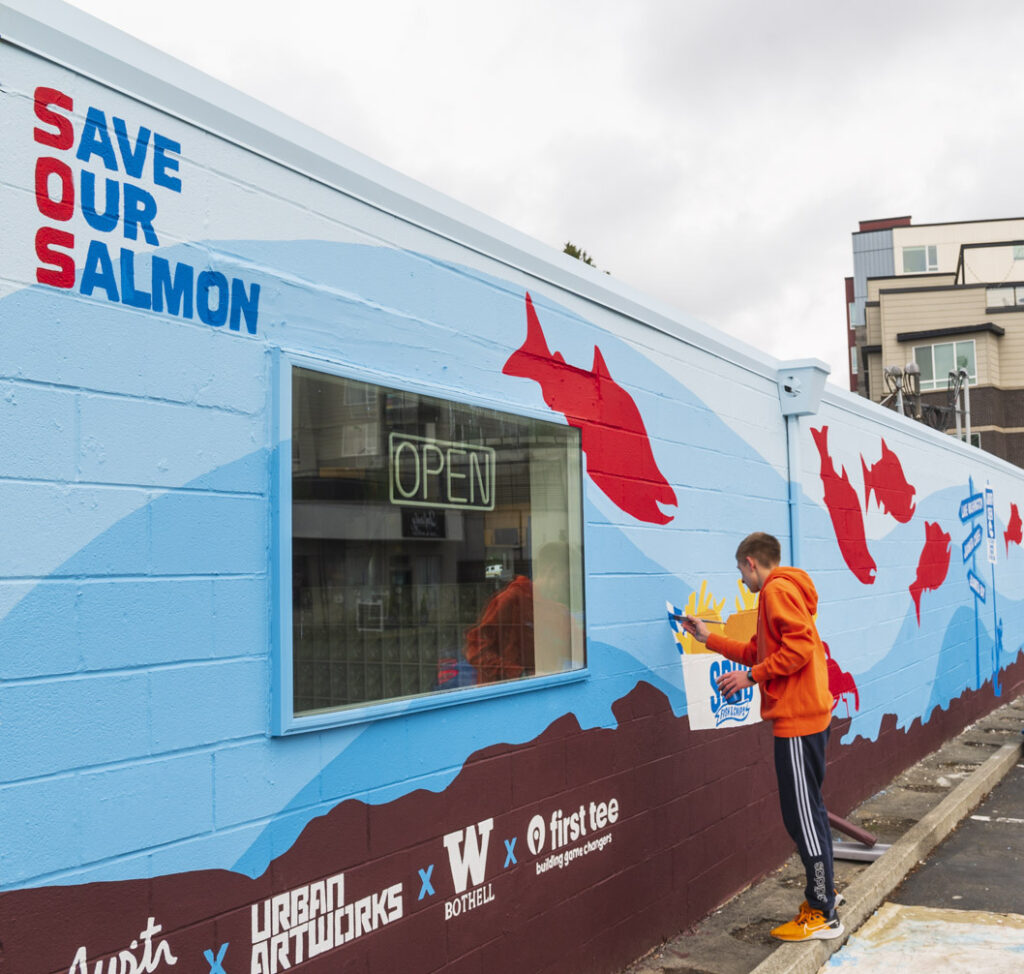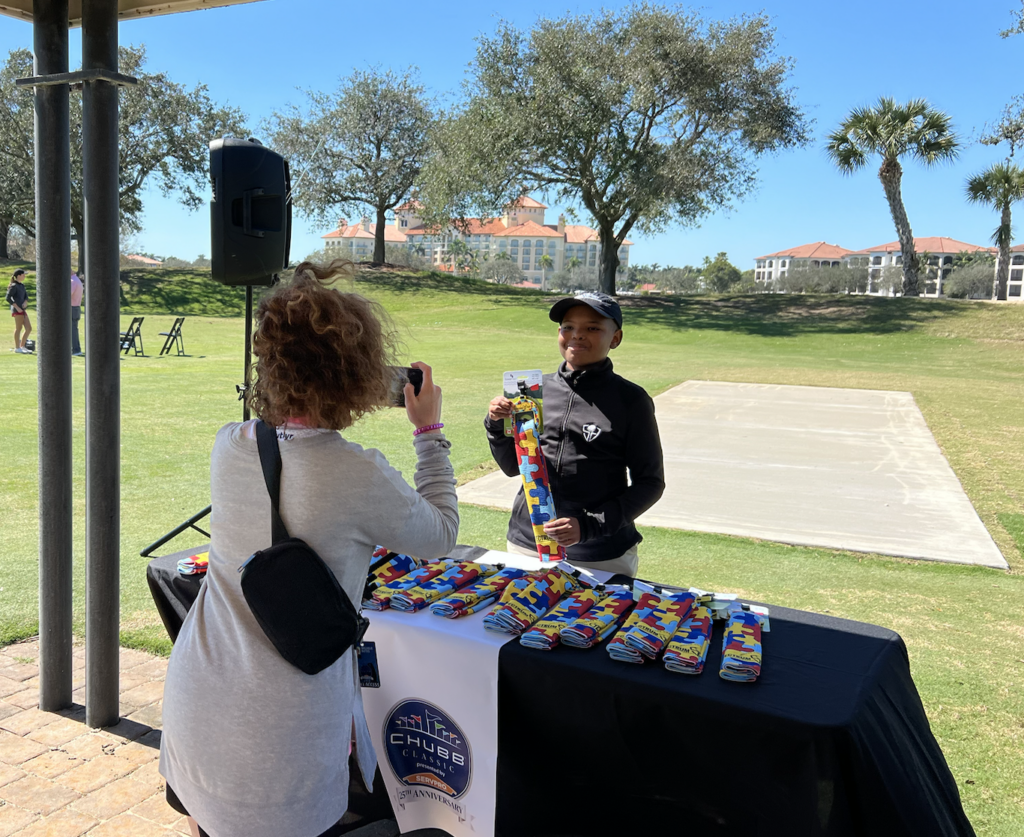Kyle Harris has been the Director at First Tee – Massachusetts for the past five years, but his involvement with First Tee started in Utah in 2012.

Originally from Cape Cod, Kyle attended The University of Massachusetts Amherst before working in college athletics as a Sports Information Director for 10 years.
Although Kyle began playing golf while in college, he did not find himself a part of the golf industry until being introduced to First Tee while living in Utah.
One of Kyle’s friends was working to establish the First Tee – Utah chapter and invited Kyle to join him at a participant recruitment event. The weather was miserable, rainy and cold, and Kyle didn’t understand why they were standing out in it. That was until he met KJ, a young boy who was more than happy to stand out in the rain to try golfing.
After missing the ball four or five times, he finally hit it and a big smile spread across his face. That was the moment that Kyle realized how impactful First Tee was and he has been involved ever since.
After that day, Kyle spent much of his time volunteering with First Tee – Utah’s chapter. He helped to get programs off the ground, was a volunteer coach, and oversaw the certification program to help advance participants.
“Always with this mindset, ‘Man if I ever had a chance to work with First Tee full-time I totally would,’” said Kyle.
Kyle’s wishes were answered when a position opened at First Tee – Massachusetts. . Although he said he would have taken a job with First Tee anywhere, he appreciates the opportunity to work with members of the community he grew up in.
“As an adult I’ve learned as much to apply to my own life as I’ve taught to the kids,” he said.
“I’m a better dad, I’m a better husband, I’m a better golfer, I’m a better person, I’m a better employee because of First Tee and holding myself to the standards that I want to hold the kids to.”
Kyle believes that if he had been a part of First Tee growing up, it would have given him a better outlook on the world earlier on. He continues to mentor and encourage participants so that they can foster that positive mindset from the beginning.

























